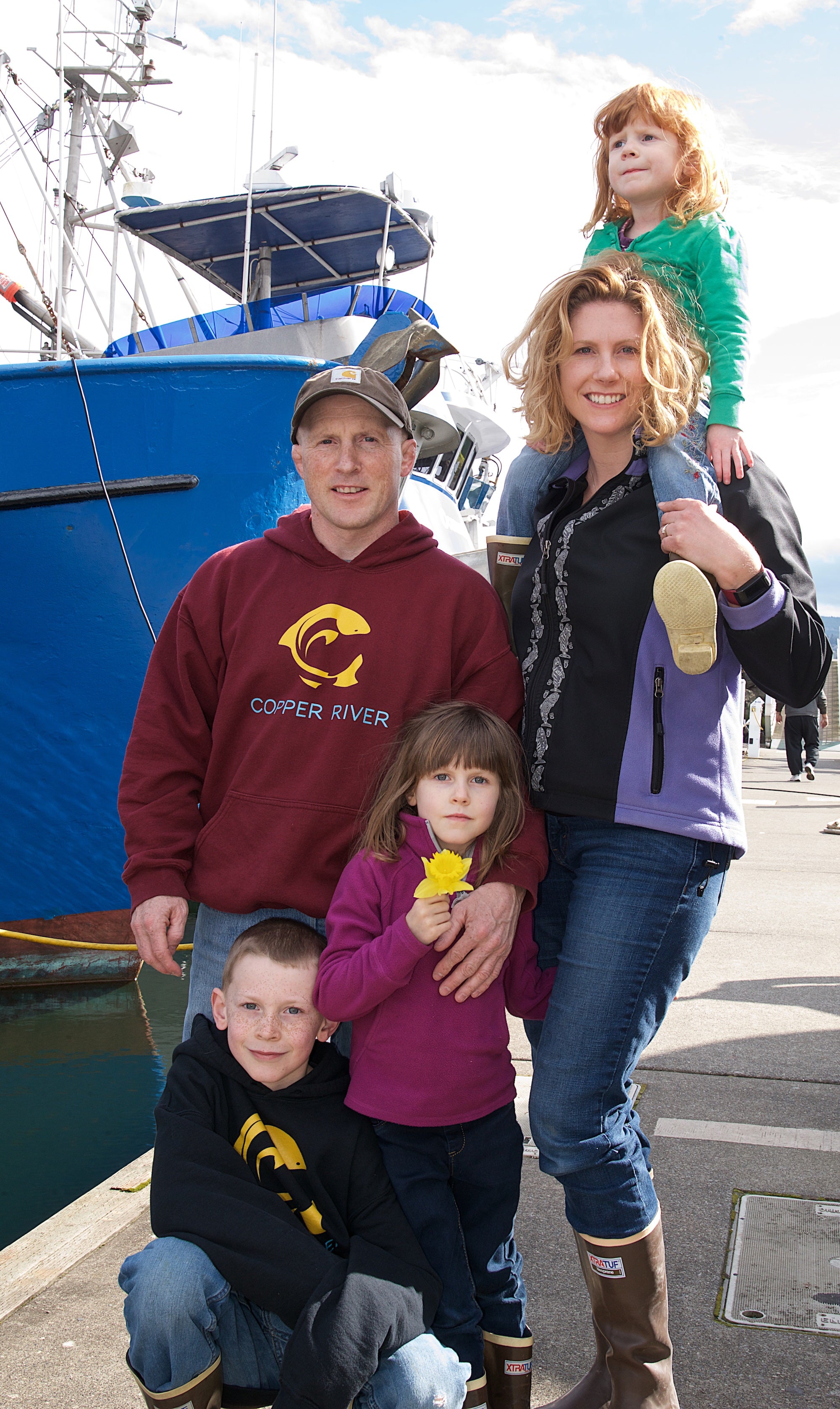Copper River salmon isn't cheap.
You can find cheaper salmon in your local supermarket.
But you get what you pay for.
If it was cheap, it wouldn't be wild-caught.
It wouldn't be sustainable.
It wouldn't be packed full of vitamins, nutrients, and Omega 3s.
Cheap salmon are fed soy pellets and pumped full of food colorings, stuff no one should be ingesting.
We're a fifth-generation fishing family.
We sustainably fish for the best, wild-caught salmon from the Copper River in Alaska.
We catch, cut, and ship to you ourselves.
Some people are OK with settling for cheap, tasteless, farm-raised "salmon."
We know we're not for everyone.
Our salmon IS more expensive,
Because it's expensive to do it right.
Our customers wouldn't have it any other way.
When you take that very first bite, you'll understand why.
You won't find better-tasting salmon on the planet.
When you're ready to taste the best salmon you've ever had, we'll be happy to serve you.
But WHY is the price so high you ask?
The simple answer is because that's what it costs to do it right.
Our salmon is wild and sustainably caught Alaskan Copper River salmon. Copper River salmon is superior to all other salmon due to the higher fat content, which makes it healthier and better tasting. It is also more scarce than other types of salmon, and can be very difficult to find in grocery stores.
We know and trust our fishermen and pay a fair price. Our fishermen are American families that are fishing responsibly in a region that is carefully managed for sustainability. They have been fishing for generations and know how to handle their fish for premium quality.
Our fish is never handed over to a large corporation for processing. We have traceability of every single fish at our own small custom processing facility (60 North Seafoods). Our crew is paid a fair wage to clean and cut the fish into portions, hand wrap in parchment paper, individually vacuum seal and freeze for premium sushi quality. We also ship it to your door overnight, frozen on dry ice.
For many people, Copper River salmon is simply not available in their area at all, so having it shipped to their door is more than just a convenience, it makes enjoying this special fish possible.
Some questions to ask when comparing prices of salmon:
Is it wild? Wild salmon is more expensive and environmentally friendly than farmed salmon, not to mention healthier and tastier.
Is it sustainably caught? All fish caught in Alaska is tightly managed for sustainability.
What river does it come from? Not all salmon is created equally - different rivers produce different quality salmon. The salmon are genetically different and return only to the river they were spawned in. Copper River salmon have a higher fat content, which make them superior.
What species is it? There are several species of salmon, ranging from most to least expensive king, sockeye, coho, pink, chum. The price can vary drastically based on species.
How is it cut? The further a fish is broken down, the more labor is involved, but also less weight for the end product. Once we portion a fish, the final weight is half of the original whole fish and will therefore be twice as expensive, based on the price we paid for the whole fish.
Where was this fish caught vs where it's bought? How has it been handled, what is the supply chain like? Was it defrosted at the grocery store, and for how long?
If you have further questions, please feel free to reach out to my husband Rich rich@sixtynorthseafoods - he has commercially fished in Alaska for over 20 years and runs our custom processing facility in Alaska. He can break our pricing down even further if you're interested.
I can reassure you that there is no big corporation, venture capitalist or fat-cat skimming off the top or getting rich from our operation. We are real people that employ passionate people making an honest living through hard work.
Lastly, I just cannot sign off without stepping up onto my favorite soap box to remind our readers that spending your hard earned money on wild and sustainable fish is a good way to support the clean and pristine environment required to protect and preserve the habitats that sustain these salmon populations. read more
I also recommend this article from the New York Times for a deeper understanding of the current economy of wild Alaskan fishing.




